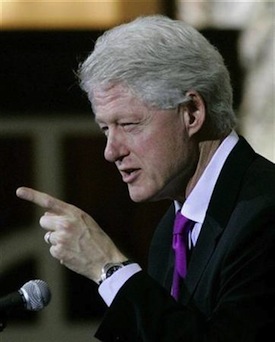
I did not have legislative relations with Comcast either.
The fate of the California Advanced Services Fund (CASF) might come down to a single word. Last week, when an assembly committee killed senate bill 740, which that would have added money to the fund and expanded the list of eligible applicants, the heat of the debate focused on a single weasel word…
These requirements shall include that projects under this paragraph primarily provide last-mile broadband access to households that are unserved by an existing facilities-based broadband provider.
“This paragraph” refers to language that would allow independent Internet service providers and local governments to apply for CASF money to build broadband infrastructure. The visceral fear of cable lobbyists was that if an area is “primarily” unserved, that means at least some people living there can get broadband, albeit at speeds that don’t meet California Public Utilities Commission standards.
The front organisation for cable operators – the California Cable and Telecommunications Association – and a hired gun for Comcast pulled out all the stops to protect their right to condemn customers to life with lousy Internet service.
SB 740’s author, senator Alex Padilla (D – Los Angeles) offered to tightened up the language by changing “primarily” to “predominantly”. The cable lobbyists – Carolyn McIntyre with CCTA and John Moffat speaking, that day, for Comcast – ignored him.
Padilla said he didn’t want to limit CASF support for independent ISPs and cities to areas that are “exclusively” unserved, pointing out that what seems fine today probably won’t be adequate a few years from now, so some flexibility is needed.
He’s bringing SB 740 back to the same committee in August for reconsideration. But getting members who kowtowed to the cable lobby to change their mind might mean putting hard limits on non-traditional CASF applicants.
If McIntyre and Moffat were telling the truth.
